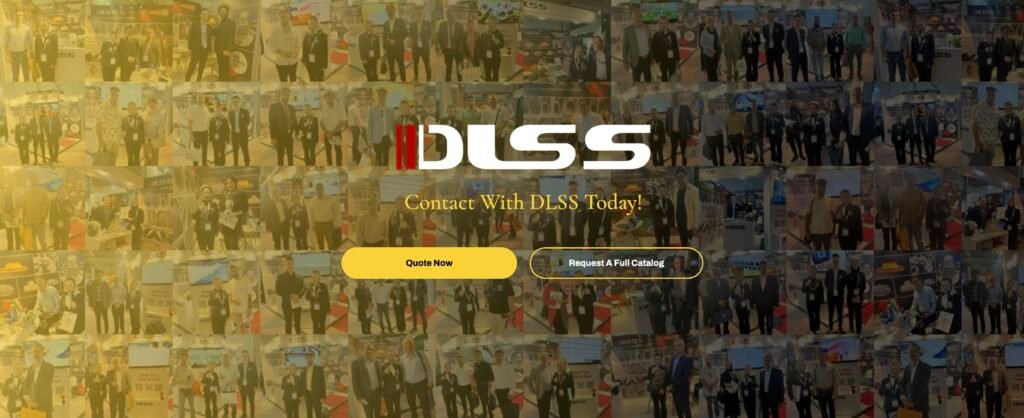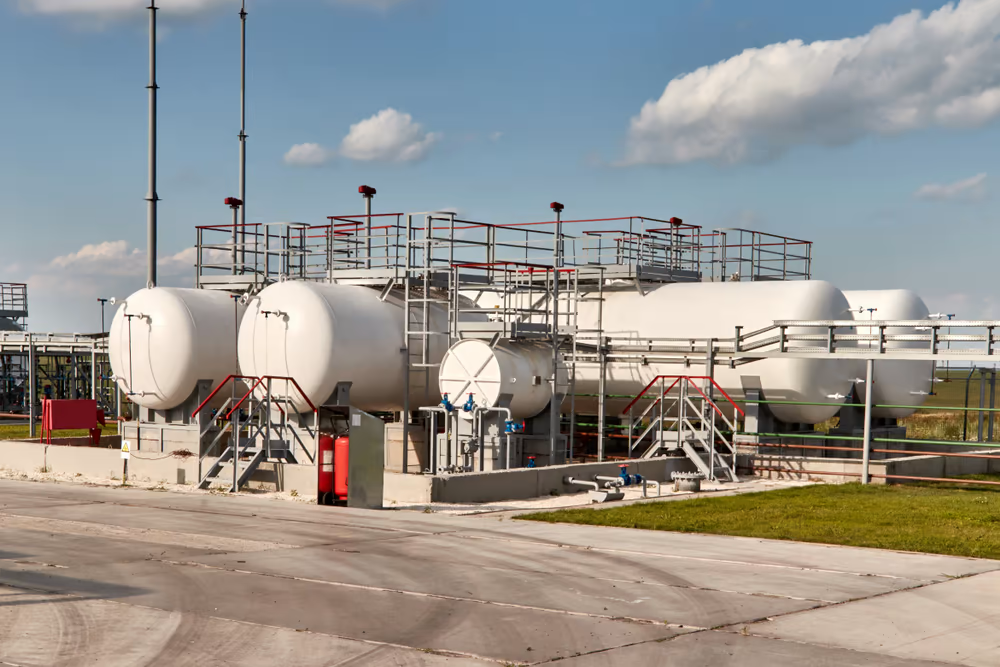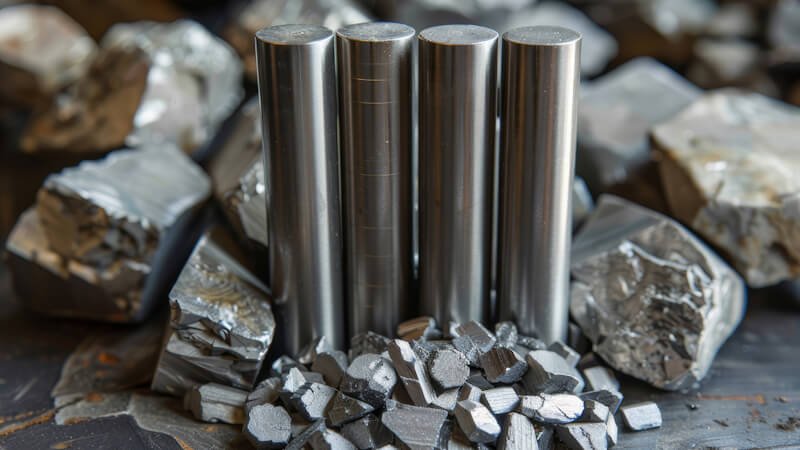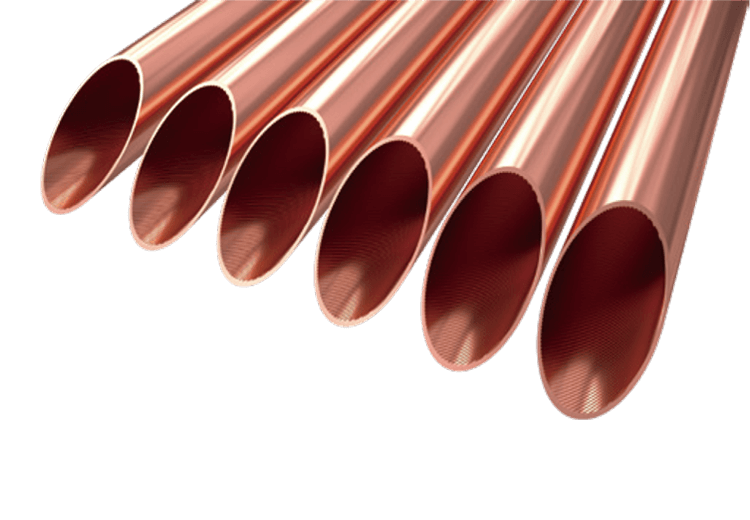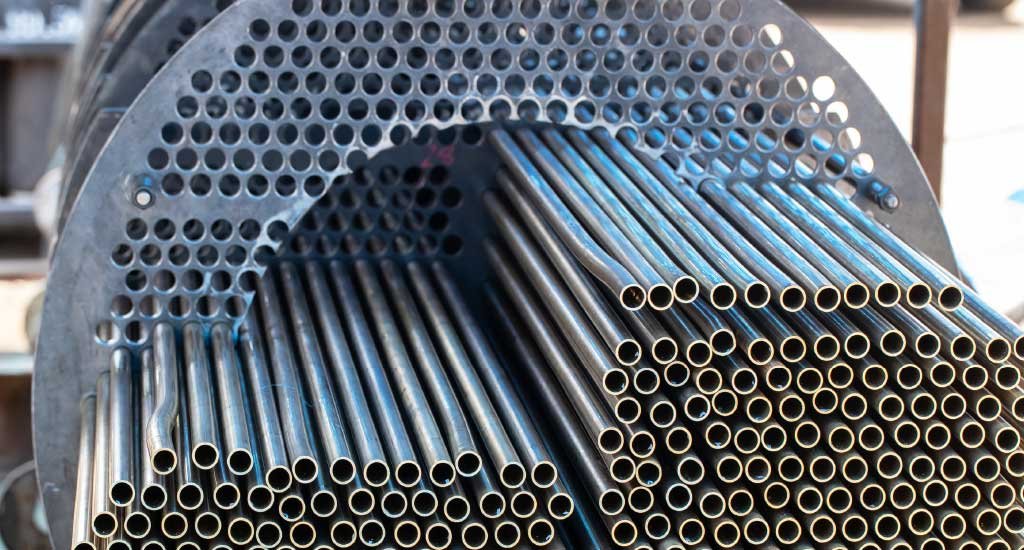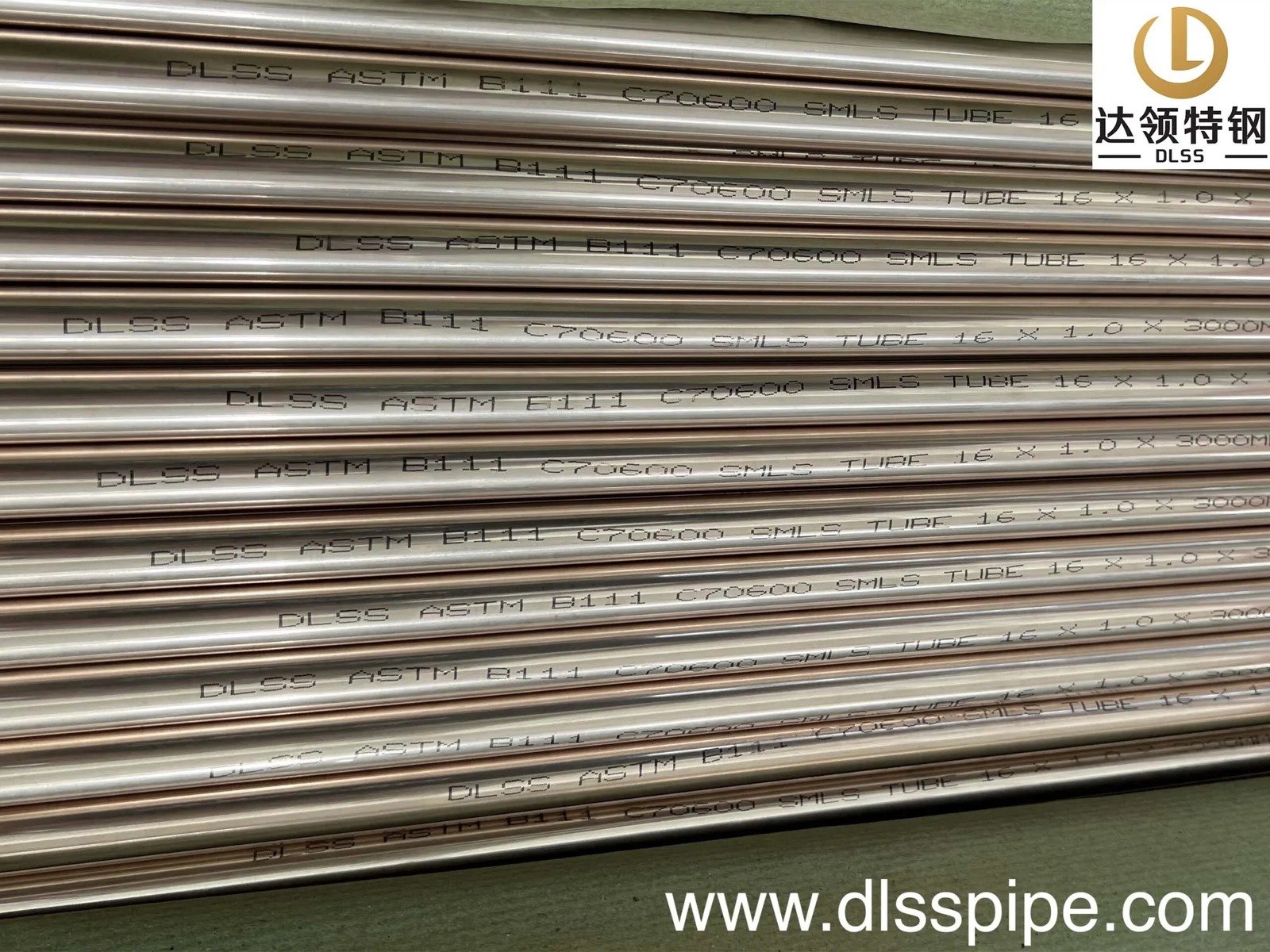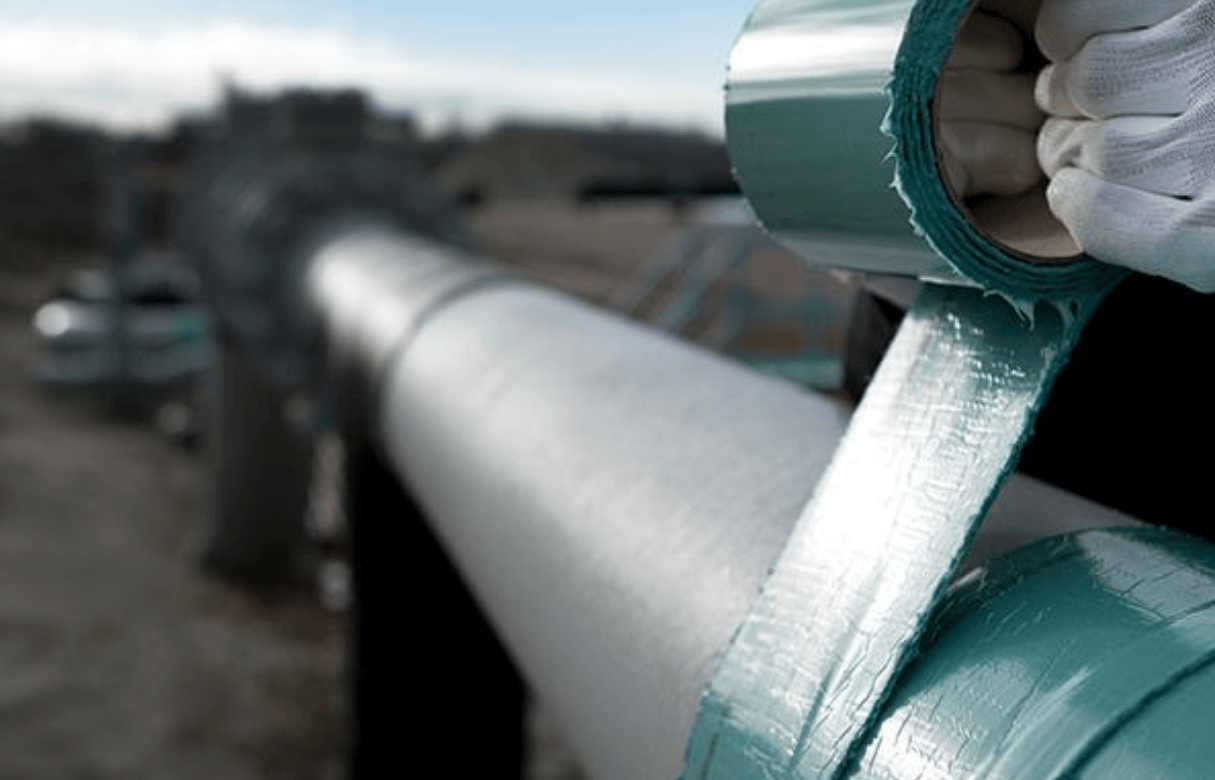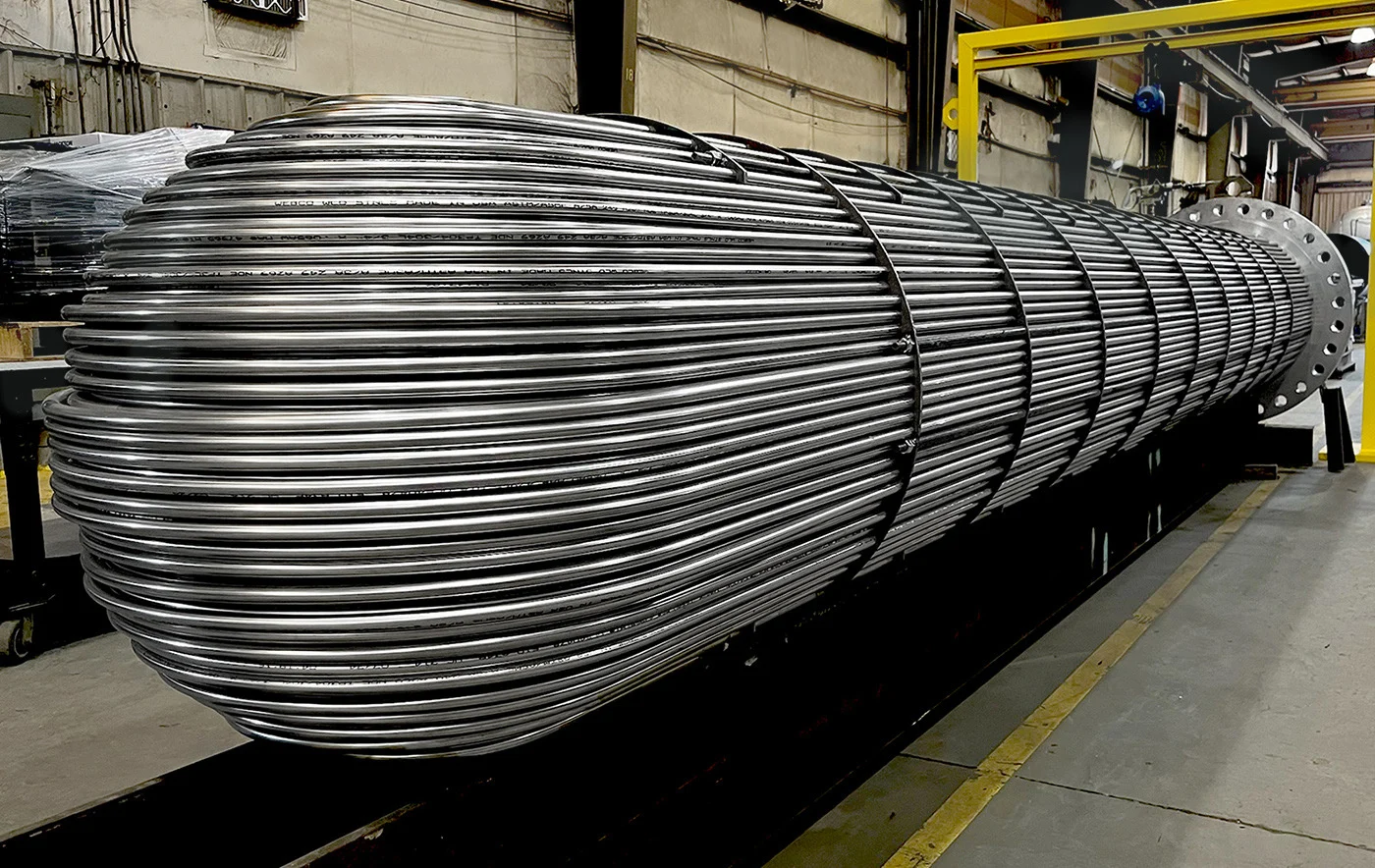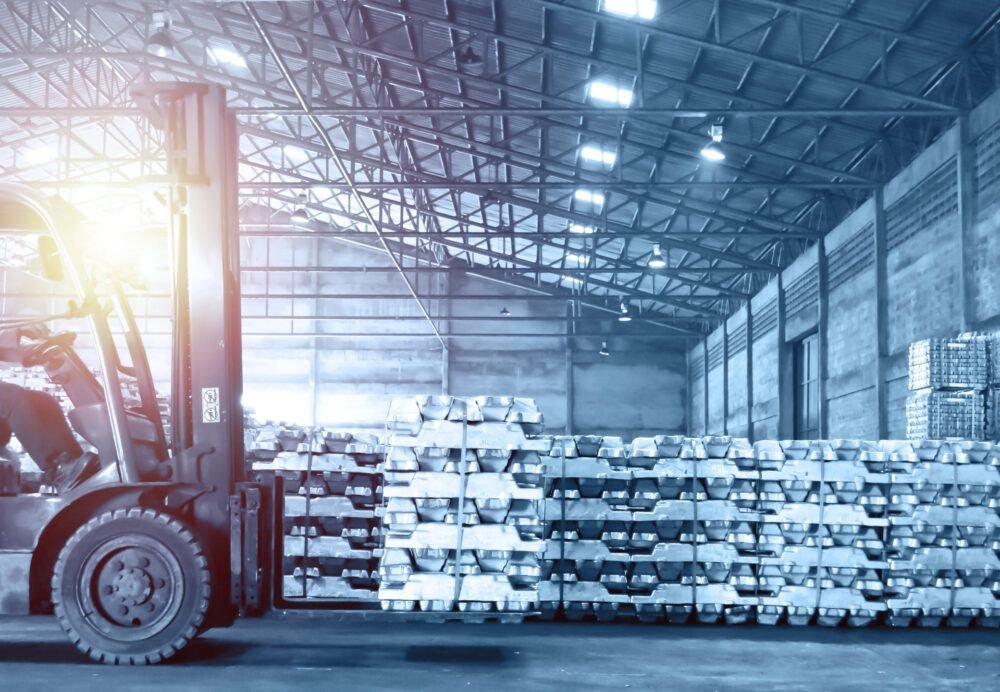Meta Description:
Learn the essential requirements of NACE MR0175 / ISO 15156 for stainless steel tubing. Discover how to ensure compliance in sour gas environments and avoid material failure.
Introduction
In the oil and gas industry, hydrogen sulfide (H₂S) poses one of the greatest threats to material performance. It causes Sulfide Stress Cracking (SSC) and Hydrogen-Induced Cracking (HIC), leading to catastrophic equipment failure.
To ensure safety, international standards like NACE MR0175 / ISO 15156 set strict criteria for materials used in sour service. For stainless steel tubes, meeting these standards is critical to avoid liability, downtime, and pipeline rupture.
This article explains what NACE MR0175 / ISO 15156 compliance means, how DLSS supports compliance, and what you need to verify during procurement.
1. What Is NACE MR0175 / ISO 15156?
- NACE MR0175 is the former name of the standard issued by the National Association of Corrosion Engineers.
- It has been superseded by ISO 15156, an international standard covering material selection for H₂S environments in oil and gas production.
Full text available via: ISO 15156 Overview – NACE
2. Key Requirements for Stainless Steel Tubes
| Requirement | Description |
|---|---|
| H₂S Resistance | Tube must resist SSC and hydrogen embrittlement |
| Hardness Limits | Typically ≤ 22 HRC for austenitic stainless steels |
| Chemical Composition | Low carbon and sulfur levels (e.g., 316L, 317L, 904L) |
| Heat Treatment | Solution annealing + quenching required |
| Testing & Certification | EN 10204 3.1 / 3.2 MTC + NACE MR0175 compliance statement |
3. Suitable Stainless Steel Grades for Sour Service
| Grade | Notes |
|---|---|
| TP316L (1.4404) | Acceptable under hardness control and proper solution annealing |
| TP317L (1.4438) | Higher Mo for better pitting resistance |
| 904L (1.4539) | Excellent resistance to H₂S and chloride environments |
| Duplex 2205 / 2507 | Very high resistance but requires strict welding control |
| Alloy 825 / Incoloy 825 | Nickel-iron-chromium alloy ideal for aggressive sour gas |
Reference: Outokumpu Alloy Selection for NACE
4. DLSS NACE-Compliant Tube Capabilities
| Feature | DLSS Solution |
|---|---|
| Tube Dimensions | OD 6 mm – 88.9 mm; WT 0.5 – 6 mm |
| Surface Finish | Pickled, bright annealed, or polished |
| Hardness Control | ≤ 22 HRC, certified via Rockwell/BHN testing |
| Traceability | Heat number laser-etched + full MTC package |
| Testing | ET, UT, PMI, Hardness, IGC (ASTM A262), HIC/SSC (optional) |
| Certification | NACE MR0175 / ISO 15156 compliant + third-party inspection (SGS/BV) |
5. Real-World Application: Middle East Sour Gas Pipeline
Scope:
5,200 meters of TP316L seamless tubes, pickled and passivated
Hardness verified: ≤ 21 HRC
PMI + ultrasonic + IGC test per ASTM A262 Practice E
Use:
Injection lines for sour gas well
Successfully installed with zero incidents after 18 months
6. Procurement Checklist for NACE-Compliant Tubing
- Confirm tube grade (L-grade or stabilized if needed)
- Hardness test results (per ASTM E18)
- MTC with explicit NACE MR0175 or ISO 15156 compliance
- Heat treatment records
- Microstructure verification (grain size, no sensitization)
- Optional: HIC/SSC test results for critical applications
FAQs: NACE MR0175 & ISO 15156 Compliance
Q1: Can TP304 be used in sour service?
No. TP304/304L is not acceptable under NACE MR0175 due to poor SSC resistance.
Q2: Is Duplex 2205 acceptable?
Yes, with strict control over welding, post-weld heat treatment, and hardness.
Q3: Can DLSS issue 3.2 certificates with NACE compliance?
Yes. DLSS works with SGS, BV, or Lloyd’s Register for 3.2 witness inspection and compliance stamping.
Q4: Are electropolished tubes acceptable in sour service?
Yes, as long as the mechanical and corrosion requirements are met.
Conclusion
In sour gas environments, NACE MR0175 / ISO 15156 is more than a recommendation—it’s a requirement for safety and long-term performance. DLSS provides stainless steel tubing that meets these exacting standards, backed by documentation, traceability, and third-party validation.
Contact DLSS
Email: info@dlsspipe.com
Website: www.dlsspipeline.com
Need certified tubing for a sour service project? Contact DLSS for grade selection support, hardness-tested tubes, and MTC documentation aligned with NACE/ISO standards.
